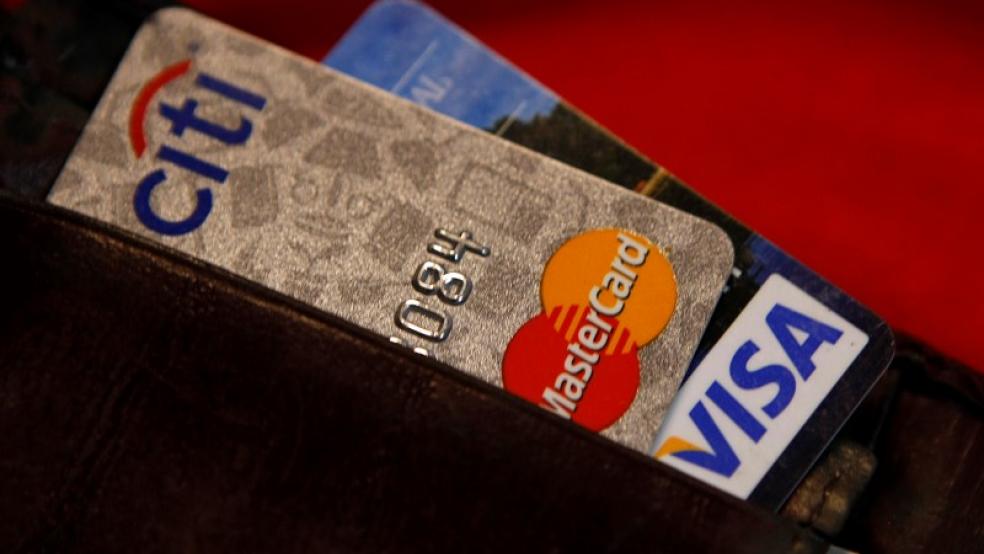As the holidays approach, it’s easy to be tempted to get a store credit card. Many retailers provide a discount for signing up for their branded card, and that extra money can but another gift or two. But think carefully before you apply for a new card.
Retailer credit cards charge an average rate of 23.43 percent, far above the 15 percent average for all cards, according to a new report from CreditCards.com. If you don’t pay your balance in full each month, that interest will add up fast.
A consumer making minimum payments only on a $1,000 balance on a store credit card with an average rate would take six years to pay off the debt and rack up $833 in interest fees. By contrast, making the minimum payment on a $1,000 balance on an average non-retail card would pay the debt off in less than five years and incur $370 in interest.
Related: 7 Ways to Decode the Best Credit Card Deal
Zales and Staples charged the highest rates among the cards surveyed, with APRs of 28.99 percent and 27.99 percent, respectively. Two-thirds of all retail-branded cards carry APRs of 19.99 percent or higher.
“If you regularly carry a balance, retail cards just aren’t for you,” Matt Schulz, CreditCards.com senior industry analyst said in a statement. “Even with potential rewards and discounts, the math just doesn’t work in your favor when rates are that high, so your best move is to shop around for lower-cost options.”
About 70 percent of branded credit cards offer shoppers discounts, most of which apply to the first purchase. About a dozen cards offer additional perks such as incentives for spending more.





